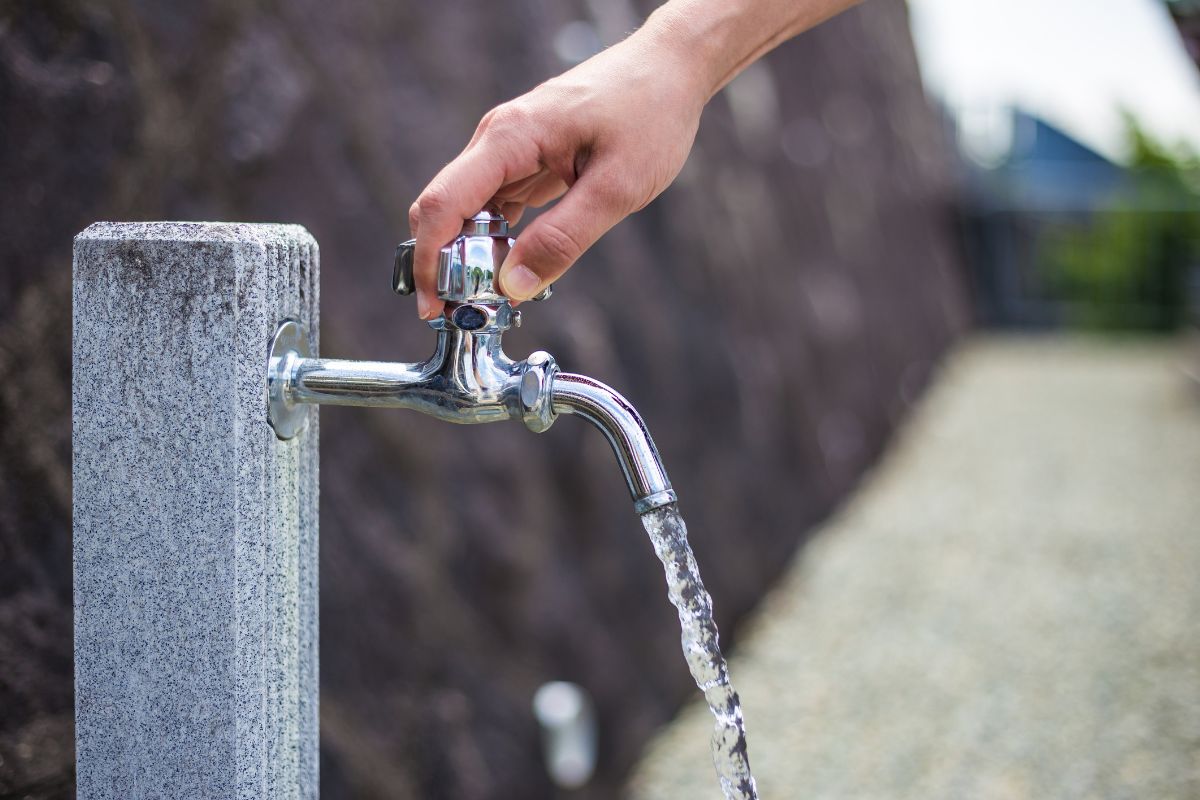Is your Business Being Overcharged? 5 Signs you Should Switch Business Water Supplier

Is your business being overcharged? The de-regulated business water market in the UK means you could be paying more than you need to. Thankfully, you have the right to change that by switching business water supplier.
Find out more about the business water market, common pitfalls businesses face, and whether it’s time to make the switch.
Table of Contents
ToggleAbout Business Water & Retailers
Business water refers to the water and wastewater services provided to non-household customers, including businesses, charities, and public sector organisations.
In the UK, how this market operates varies by country. In England, the business water market was deregulated in April 2017, creating the largest competitive water retail market in the world.
This change allows 1.2 million organisations to shop around for better deals, renegotiate terms, or switch suppliers entirely.
In Scotland, the market has been open since 2008 and operates under the regulation of the Water Industry Commission for Scotland (WICS).
Wales and Northern Ireland, however, retain more restricted systems, with water services largely provided by regional monopoly suppliers.
The open market in England and Scotland encourages competition, which can lead to cost savings, improved customer service, and innovative packages for businesses. But how do you take advantage of this?
It’s simple: set aside some time to compare business water suppliers; this will help you compare different water-saving options available to your business locally.
1. Unexplained High Bills
If your water bills seem disproportionately high compared to similar businesses, it’s a clear sign you might be paying over the odds.
For example, a small café paying the same as a large restaurant indicates your rates may be uncompetitive. These discrepancies often happen if you’re stuck on default tariffs rather than negotiated rates.
Switching suppliers could secure a better deal and reduce your monthly costs significantly.
2. Poor Customer Service
Dealing with a supplier that offers poor customer service can be frustrating and disruptive to your operations—not only that but it is a clear warning sign of poor service.
Long response times, unresolved issues, or difficulty getting through to support teams are signs of subpar service.
If a billing query takes weeks to resolve, it could cause unnecessary financial stress.
3. Inaccurate Billing
Frequent billing errors, such as overcharges or incorrect estimates, can cause major headaches.
If your supplier relies on estimated bills rather than taking meter readings, you may be paying for water you haven’t actually used.
This is particularly concerning for businesses with fluctuating water usage, such as seasonal operations.
A new supplier should provide accurate billing based on real-time data, giving you more control over your costs.
4. Lack of Water Efficiency Support
Modern suppliers often offer water-saving initiatives, such as audits, smart meters, or advice on reducing consumption.
If your current supplier isn’t providing tools to help your business use water more efficiently, you may be missing opportunities to cut costs.
There are certain industries, like the manufacturing sector, where water-saving tools and advice is vital for both expenses and environmental impact.
5. Limited Contract Options
If your supplier offers rigid, one-size-fits-all contracts with no flexibility for your business’s specific needs, it’s time to look elsewhere.
Many suppliers now offer tailored solutions, such as bundling water and wastewater services or providing pricing options based on usage patterns.
A more flexible contract could ensure you’re only paying for what you need while enjoying added benefits like regular reviews to keep costs in check.
Is it Time to Switch Water Suppliers for your Business?
The decision now rests on what’s right for you and your business. If you’re thinking of making the switch, here are the key differences between a good water supplier and a bad one:
The good
- Clear, transparent pricing
- Reliable billing
- Customer-first approach
The bad
- Hidden retail charges in misleading quotes
- Up front switching charges
- Owned by Wholesalers
- Exit charges
- Poor star reviews on sites like Trustpilot.
With that being said, it’s up to you to implement water-saving practices and chase that better deal. If you want more information on saving money and business advice, read thelondonwire.
Published by Carol Jones
My aim is to offer unique, useful, high-quality articles that our readers will love. Whether it is the latest trends, fashion, lifestyle, beauty , technology I offer it all View more posts







